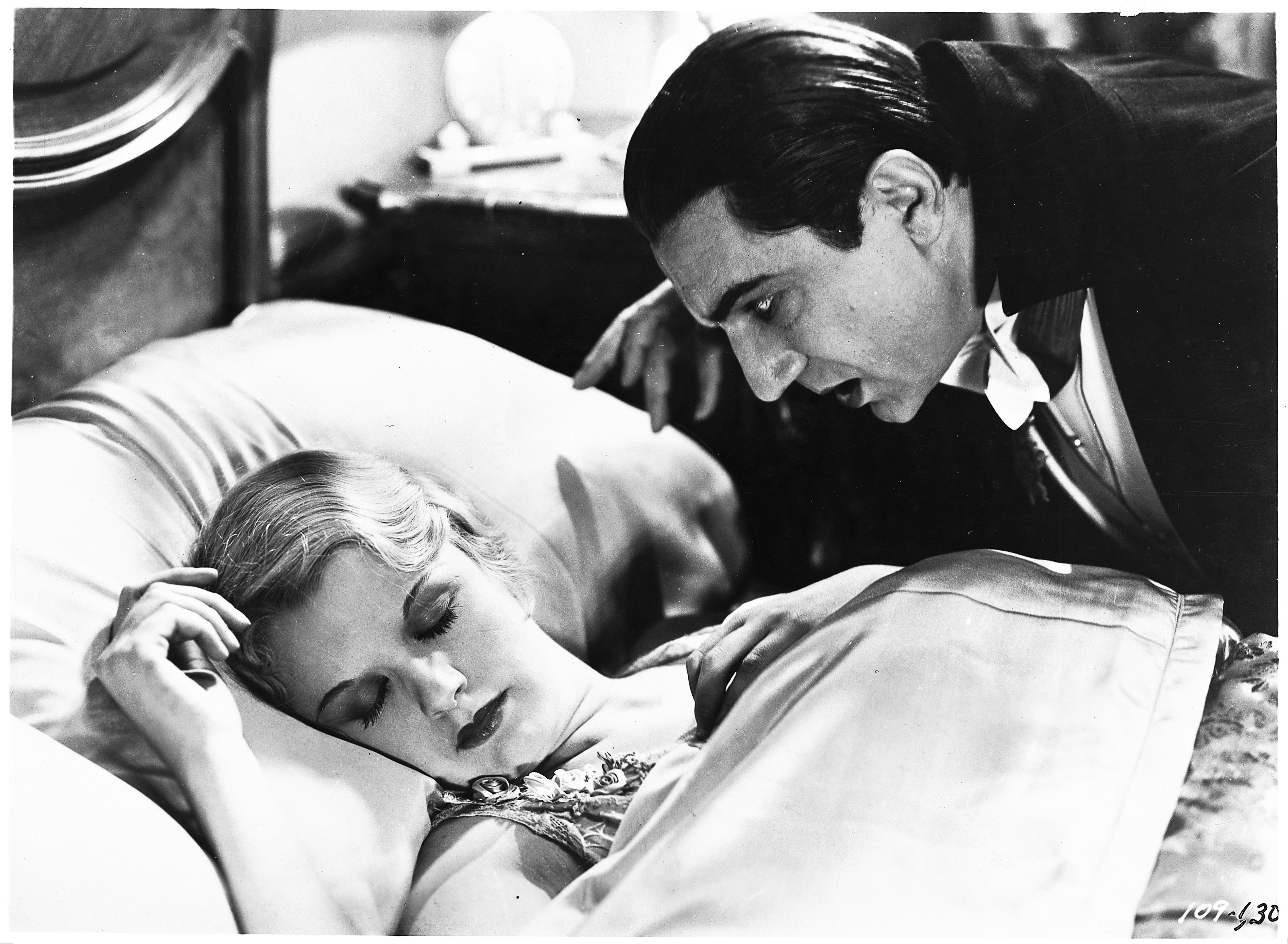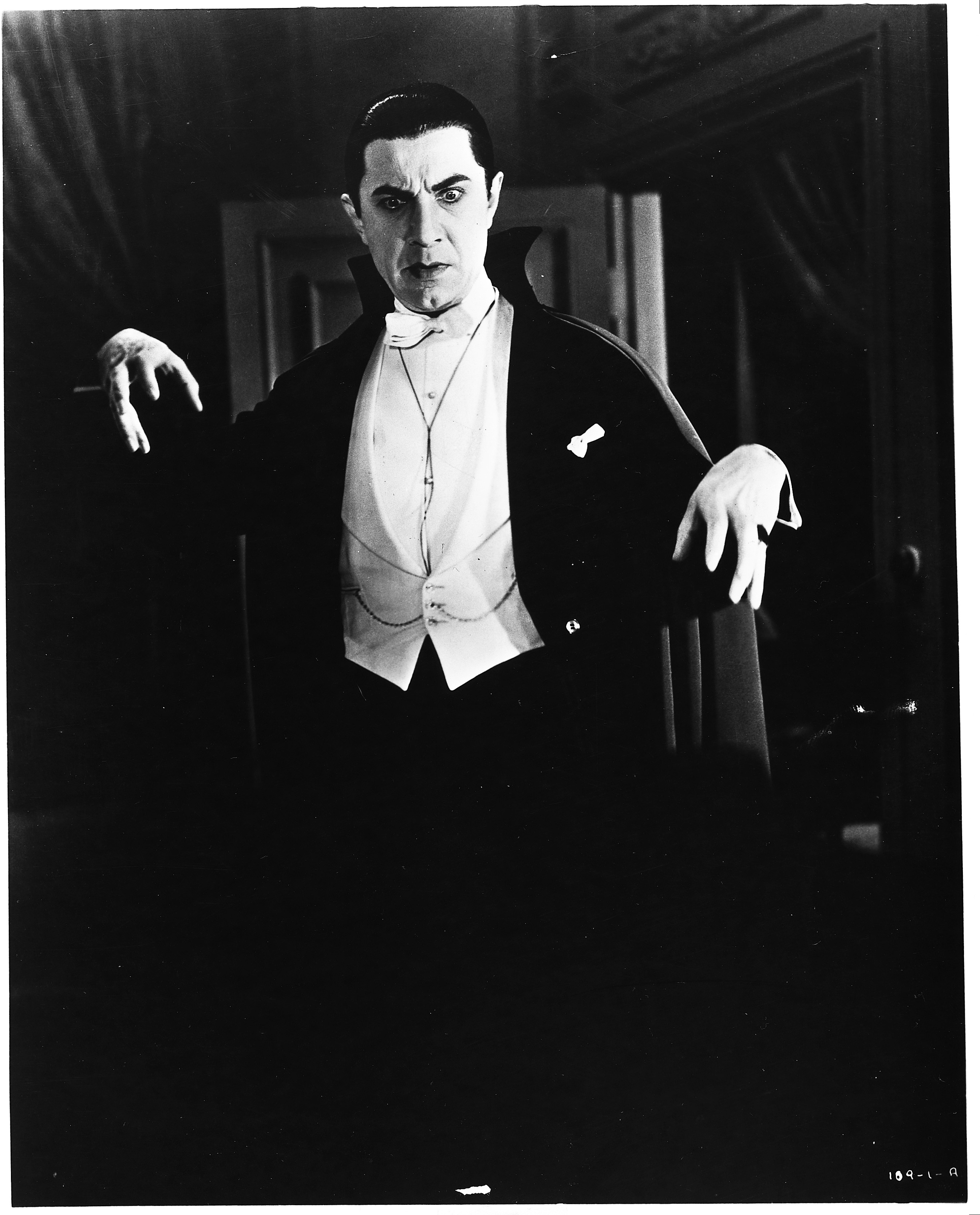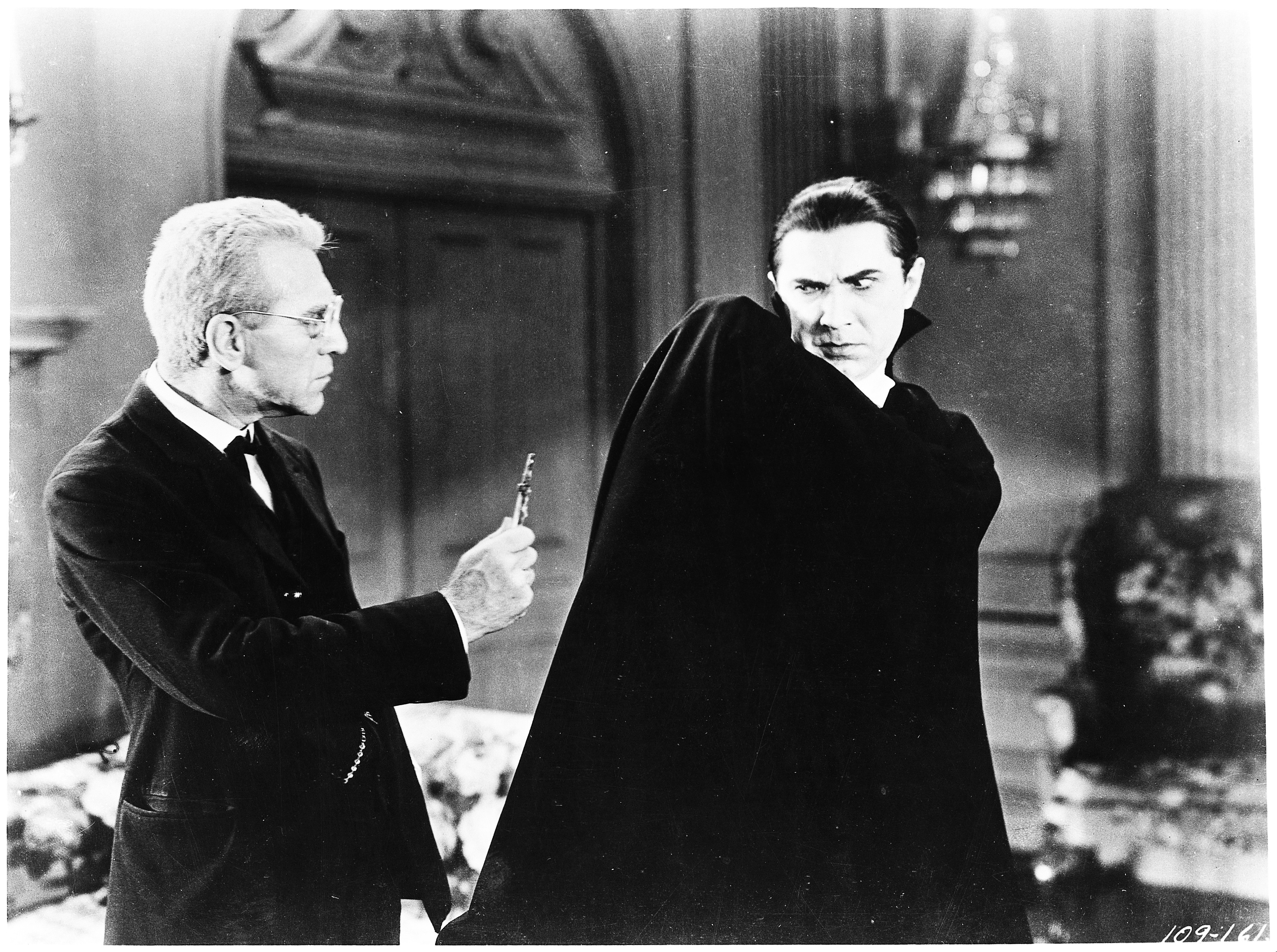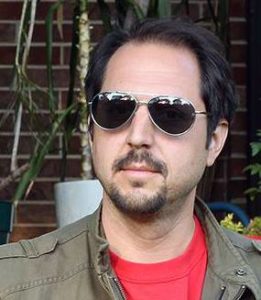
There is a dramatic shortage of classical music groups that one might refer to as rockstars. Kronos Quartet is not among that shortage. With its history of performing avant garde work, recording of film scores, and dedication to musical education, it is easy to see that the Kronos string quartet is a very special group. Currently, Kronos is in the midst of a monumental not-for-profit project called Fifty for the Future, which involves the commissioning of string quartet compositions from fifty different composers (both renowned and emerging) from around the world. When the compositions have all been completed, Kronos will perform them all; additionally, the scores, recordings, and teaching materials related to the material are all available free of charge on their website. This Saturday, in honor of the Halloween spirit, Kronos will be performing Philip Glass’s score for Tod Browning’s classic film Dracula (1931) at Segerstrom Center for the Arts. In advance of this performance, OC Weekly spoke with Kronos’s founder / Artistic Director, David Harrington, about the history of Kronos, the Fifty for the Future project, and, of course, Dracula.
OC Weekly (Scott Feinblatt): I read that the whole Kronos journey began when you were inspired by George Crumb’s avant garde piece Black Angels. Did you know at that time that you wanted to start the nonprofit Kronos Performing Arts Association?
David Harrington: What I knew for sure, in August of 1973, is that I had to play Black Angels. There was no question about it, and what I did is I got a score to the piece. I called the publisher in New York, and ordered a score, which arrived a few days later. I looked at the score, and I realized, “This is really something! In order to do this piece, I’m going to have to get a group together that’s really going to rehearse and be committed to the kind of life that it takes to be able to do that piece.” So, around September 1, 1973 is when Kronos started rehearsing, and a few months later, in November, we had our first concert. Later that first season, in the spring of ’74 is when Kronos first played Black Angels, and it’s been an important part of our work ever since. The idea of forming the Kronos Performing Arts Association came about very early in our work because in order to survive in American society, we needed to find a way of doing it, and that seemed to be a way that we might be able to do it, so that’s why we started the nonprofit.
The score for Black Angels is some pretty far out stuff, and I was just curious if someone who’s just able to read standard notation would be able to read that, or is it notated in a unique way?
Well, it’s notated in a very personal way, and it is something that can be figured out by people that read notation. Yes, it’s very clearly written, actually; however, you have to realize that in 1973 the idea of going into a department store in Seattle, Washington with my violin bow and trying out wine glasses was pretty radical, and I got thrown out of more than one store…[laughs] Trying to explain that sort of thing was really tough in those days. Now I think there’s even websites [from which] you can order the glasses, but it was much different in 1973. And figuring out a way to rehearse the piece…that’s something that Kronos has done on every piece we’ve played ever since — figuring out a way that works for us to learn a new piece and to learn a new vocabulary, and we’re constantly refining that and finding better ways to do the same things that we’ve been doing and learning new things.
 How is the Fifty for the Future project coming along?
How is the Fifty for the Future project coming along?
It’s coming along so amazingly great! It’s one of the things that’s inspiring us so much right now — the way that our composers are stepping up to the plate and just adding new dimensions, not only to our work, but also to what’s available for every other quartet in the world right now. As of this morning, I just heard the statistics, groups from 65 different countries have downloaded the scores, and parts to the first 15 pieces are available now on our website to anybody who wants to look at them and download them and play them, study them, learn from them, and I think the site has been accessed nearly 4,000 times since the election. That’s our election, not last November. So, we’re very pleased with the way that it’s going; there’s plenty to be done and we’re hoping that music schools and chamber music departments and conservatories will realize what is available now and take advantage of it in new ways. I just had a meeting yesterday with the school of the arts, here in San Francisco, and we’re doing a concert with high school groups that are going to be playing a number of the pieces in November. November 7, as a matter of fact, and that’s the release date of the next five pieces. So, we’re just really on fire up here, in San Francisco, about this going into the future. [This interview was conducted prior to the fires in wine country.]
Moving onto Dracula, what’s your history working with Philip Glass, and the Dracula score, in particular?
Before I mention anything about Dracula, I want to say that Philip has just completed his Fifty for the Future piece, and we’re going to be rehearsing it today for the first time. So, we’re thrilled that he has joined with us on Fifty for the Future, and it’s a continuation of work that we’ve been doing together since the early 80’s, with Philip. Dracula is a result of the work we had done up until 1999, actually. He wrote the fifth quartet for us; I think we gave the public premiere of the fourth quartet; we recorded Mishima; our first Philip Glass piece that we played was Company. So, we ended up at a dinner together, in London, kind of by chance (as far as I remember). And I was sitting next to Philip, and he said, “You know, I was just talking to the people from Universal Pictures, and they wanted to know if I’d like to write the soundtrack to either Dracula or Frankenstein, or I think there was another one of the early films…
I believe they asked him to do The Mummy.
Yes! Yes, that one! And I said, “Philip, you’ve got to do Dracula; that would be so cool! And do it for Kronos! [laughs] Basically, about a month later, he was finished with the score. I was telling somebody the other day…I grew up reading about Schubert sleeping with his glasses on, so when he woke up in the morning, he jumped out of bed and wrote a new song. Well, that’s kind of like what Philip was doing with Dracula; he did a scene every day, and there was something about that score that is so perfect for the film, and he was just white hot with inspiration at that moment! And for me, it’s some of his most wonderful music, and we have such a great time playing together! It’s really fun and beautiful, and it’s something that we thoroughly enjoy.
Do you know if he assimilated any aspects from…if there was an original score written for the film, or…
No, there was not an original score; the only music that ever existed for that film is the Wagner excerpt that’s played in the theater, in the film itself. And that’s a pretty amazing moment — when all of a sudden, there’s been all this amazing Philip Glass music, and then Wagner comes in. It’s really cool!

On an earlier press release that I received, Michael Riesman was credited as the keyboard player and director for the show, but on recent posts, it says that it’s going to be Mick Rossi.
Yeah. Michael can’t be on this particular tour; I think he’s got other commitments elsewhere, but Michael has basically perfected the role of conductor of Dracula, and he taught the new guy [laughs].
Has there been anything in the actual performance of this score, in the past, that’s been memorable or remarkable?
There’s been many. We played Dracula in a cemetery in Spain, and we played it on a nudist beach in Italy one time! Let’s see, what else have we done… A couple Halloweens ago, it was in LA. There’s been many, and in fact one of the most memorable performances was one that had to be cancelled in the middle. It was in Brooklyn, outdoors in Prospect Park, and right during the storm scene in Dracula, near the beginning, all of a sudden, there was this amazing lightening, thunder and rainstorm that happened in Brooklyn, and the concert had to be cancelled right at that moment, and everybody that was there remembers that concert! It was incredible!
Wow! With a performance history like that, it seems a rather tame comparison to have it at Segerstrom.
Well, something wonderful will happen; it’s always happened every time we’ve ever played Dracula. So, I’m confident that something wonderful is going to happen.
Is there anything else you’d like to add about the upcoming show at Segerstrom?
We’ve always had wonderful performances and audiences in Orange County, so we’re really looking forward to this very much.
For more information about the concert, and to buy tickets, please visit the website of Segerstrom Center for the Arts.


